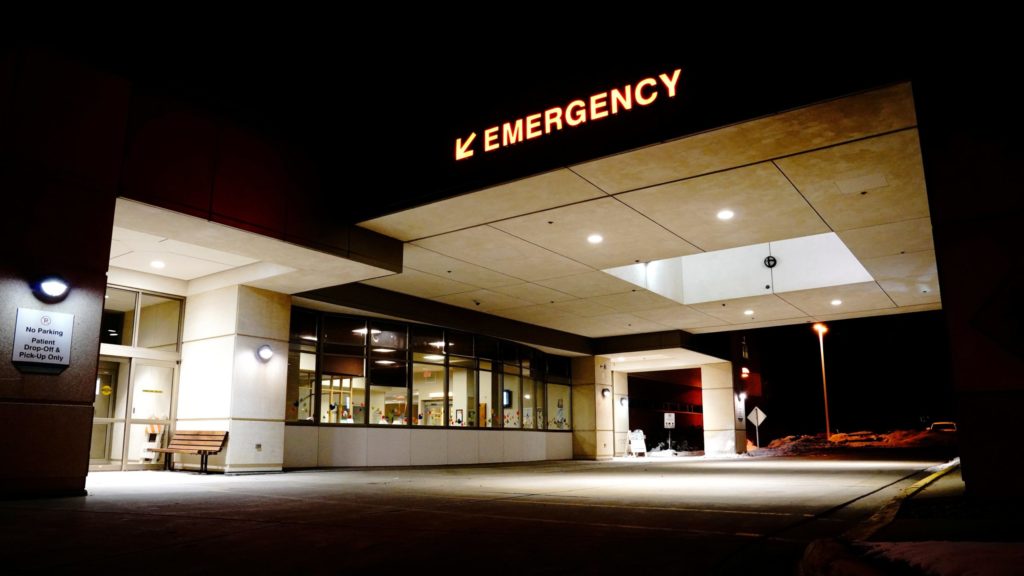After mistakenly leaking the decision before releasing the final ruling, the Supreme Court ruled on Thursday that Idaho hospitals must perform abortions in certain emergencies.
The 6-3 decision, issued in Moyle v. United States, means that Idaho hospitals are compelled to perform abortions, despite it being illegal in the state.
The decision hinged on the court’s interpretation of the Emergency Medical Treatment and Active Labor Act (EMTALA) that hospitals are required to provide abortions “when needed to stabilize a medical condition that seriously threatens a pregnant woman’s life or health.”
While Idaho law allows abortions only in cases to save the life of the mother, the court now holds that this is too narrow an exception.
“Idaho law prohibits abortions unless necessary to prevent a pregnant woman’s death; the law makes no exception for abortions necessary to prevent grave harms to the woman’s health, like the loss of her fertility,” Justice Elena Kagan wrote in the majority opinion.
“EMTALA requires hospitals to provide abortions that Idaho’s law prohibits. When that is so, Idaho’s law is preempted. The court’s ruling today follows from those premises,” she wrote.
According to the majority, EMTALA “ensures that a woman with no health risks of her own can demand emergency-room treatment if her fetus is in peril. It does not displace the hospital’s duty to a woman whose life or health is in jeopardy, and who needs an abortion to stabilize her condition. Then, the statute requires offering that treatment to the woman.”
The court’s decision dismisses Idaho’s appeals as improvidently granted, meaning that the case will return to the lower 9th Circuit Court, which has already ruled to block Idaho’s prohibition of abortions in hospitals. The decision also lifts a stay the Supreme Court had placed on the lower court’s decision in January.
The majority opinion was written by Justice Elena Kagan with Justice Sonia Sotomayor and Ketanji Brown Jackson concurring. Justice Amy Coney Barrett wrote a separate concurring opinion with which Chief Justice John Roberts and Justice Brett Kavanaugh joined.
The three dissenting voices were Justices Samuel Alito, Clarence Thomas, and Neil Gorsuch.
This case could have far-ranging effects on the use of EMTALA and protections for unborn children in Idaho and more than 20 other states that have passed pro-life laws in the past few years.

